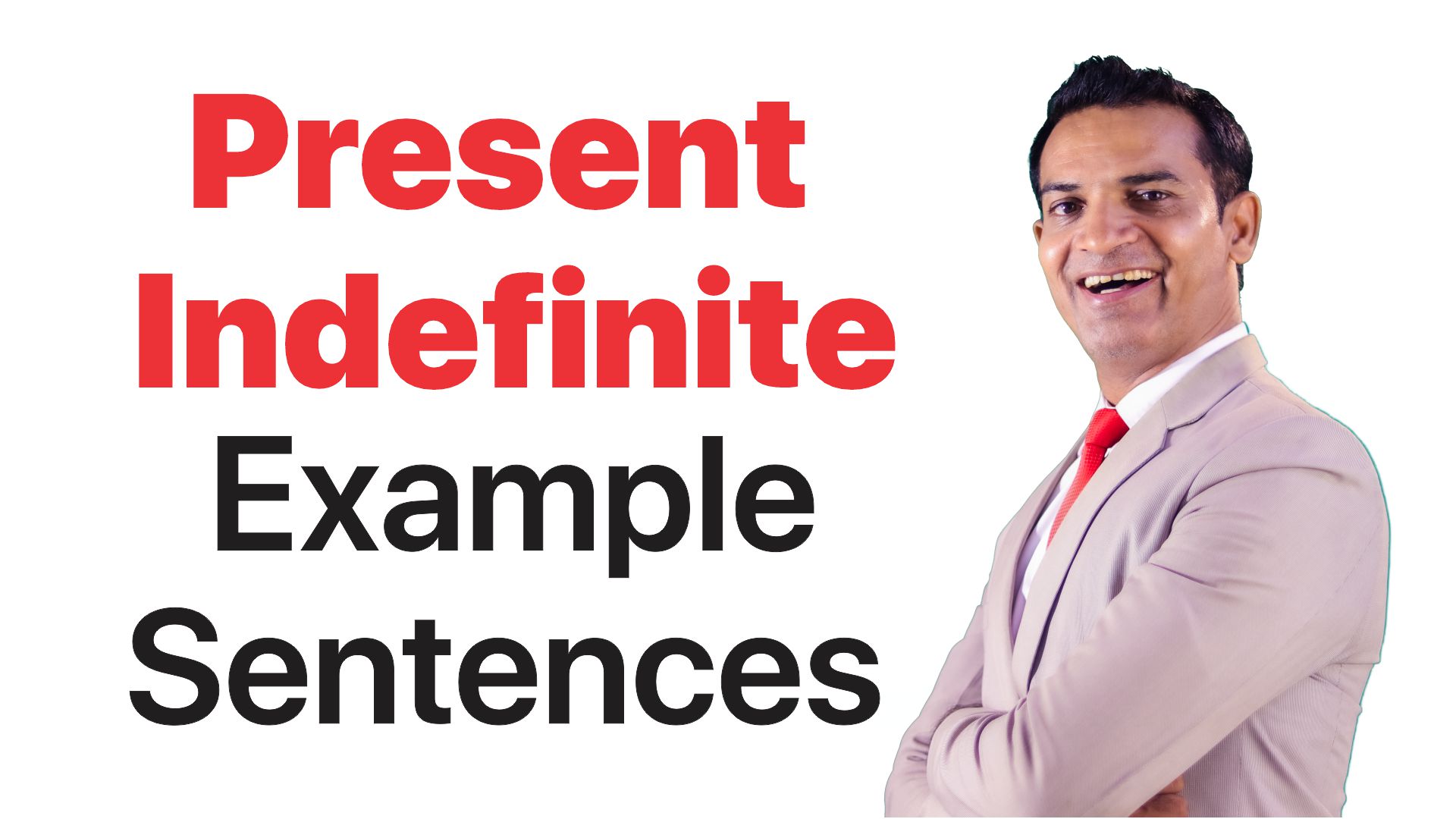Use of Common English Expressions

Learning to speak English fluently is a process which begins with knowing how to use common expressions.
These are words which have been used by English native speakers for years and have come to be accepted as good English grammar.
As an English learner making the habit of using these words when communicating on a day to day basis can greatly improve your coherence and fluency in the language.
Examples of common expressions include;
I’m calling to;
As illustrated the word I’m consists of two words which have been shortened, the words are I and am.
When speaking most English speakers prefer to shorten words in order to make the conversation run smoothly.
The phrase in general connotes that the person speaking is in the process of making a call and is an introductory phrase when a person is about top state what they are trying to communicate.
The phrase is usually followed by a verb and here are some examples to illustrate the use of this common expression.
- I’m calling to inform you about the meeting at twelve noon today.
- I’m calling to decline your wedding invitation since I will be heading to Arusha.
- I’m calling to reply to the inquest on the girl’s murder.
- I’m calling to book an afternoon flight to Dar es Salaam.
- I’m calling to thank you for the good service that you have offered to the firm over the past few years.
- I’m calling to congratulate you for successfully opening the firm and running it smoothly.
- I’m calling to remind you to submit your Dissertation paper before the end of the week.
- I’m calling you to inform you of the sudden closure of the shop due to mismanagement.
- I’m calling to inquire on the date of the prize giving.
I’m working on;
The expression by itself does not state something specific that the speaker is doing.
However, if it is used in conjunction with other verbs to explain further what is being done, it can prove to be a very effective tool in communication.
It is used to express a real and ongoing action which may be either physical or a mental action.
Here are a few examples to illustrate the use of the expression when used in sentences;
- I’m working on the assignment.
- I’m working on putting the baby to sleep before the movie starts.
- I’m working on getting the promotion by the end of summer.
- I’m working on being self-employed by the end of the year.
- I’m working on the project that we were given.
- I’m working on submitting the project before the end of the semester.
- I’m working on building my house.
- I’m working on creating new music that will add to the existing literature in the world.
As illustrated in the sentences often verbs are used in conjunction with the words and come immediately after the use of the phrase.
I’m sorry to;
The expression is used to illustrate a feeling of regret, somberness and sympathy.
They are sometimes used as an expression of courtesy and kindness and symbolize the empathy the speaker has towards the situation or person involved.
- I’m sorry to announce the death of the eldest person in the family.
- I’m sorry to have stepped on your foot.
- I’m sorry to have wasted your time on that day.
- I’m sorry to have caused you such grief and dishonor.
- I’m sorry to have left early yesterday there was an emergency at my sister’s school.
- I’m sorry to disclose this piece of information to you.
- I’m sorry to have to call this late but there is an emergency situation at the restaurant.
- I’m sorry to have to disagree with on the matter.
- I’m sorry to have left the firm.
- I’m sorry to have treated you badly on that day.
It’s hard for me to;
The expression is usually used to dignify a state of sympathy and empathy.
It can be used in place of I’m sorry to have to.
When using this expression the speaker also tries to express that what he or she is saying is also difficult for them to say.
It is also a challenge in itself to have to speak or utter those words. For example;
- It’s hard for me to say this but your cat died today morning.
- It’s hard for me to say this but you did not meet the qualifications for the course.
- It’s hard for me to concentrate in class when you keep whistling.
- It’s hard for me to go to town when it is raining.
Invalid YouTube URL
Learning to speak English fluently is a process which begins with knowing how to use common expressions.
These are words which have been used by English native speakers for years and have come to be accepted as good English grammar.
As an English learner making the habit of using these words when communicating on a day to day basis can greatly improve your coherence and fluency in the language.
Examples of common expressions include;
I’m calling to;
As illustrated the word I’m consists of two words which have been shortened, the words are I and am.
When speaking most English speakers prefer to shorten words in order to make the conversation run smoothly.
The phrase in general connotes that the person speaking is in the process of making a call and is an introductory phrase when a person is about top state what they are trying to communicate.
The phrase is usually followed by a verb and here are some examples to illustrate the use of this common expression.
- I’m calling to inform you about the meeting at twelve noon today.
- I’m calling to decline your wedding invitation since I will be heading to Arusha.
- I’m calling to reply to the inquest on the girl’s murder.
- I’m calling to book an afternoon flight to Dar es Salaam.
- I’m calling to thank you for the good service that you have offered to the firm over the past few years.
- I’m calling to congratulate you for successfully opening the firm and running it smoothly.
- I’m calling to remind you to submit your Dissertation paper before the end of the week.
- I’m calling you to inform you of the sudden closure of the shop due to mismanagement.
- I’m calling to inquire on the date of the prize giving.
I’m working on;
The expression by itself does not state something specific that the speaker is doing.
However, if it is used in conjunction with other verbs to explain further what is being done, it can prove to be a very effective tool in communication.
It is used to express a real and ongoing action which may be either physical or a mental action.
Here are a few examples to illustrate the use of the expression when used in sentences;
- I’m working on the assignment.
- I’m working on putting the baby to sleep before the movie starts.
- I’m working on getting the promotion by the end of summer.
- I’m working on being self-employed by the end of the year.
- I’m working on the project that we were given.
- I’m working on submitting the project before the end of the semester.
- I’m working on building my house.
- I’m working on creating new music that will add to the existing literature in the world.
As illustrated in the sentences often verbs are used in conjunction with the words and come immediately after the use of the phrase.
I’m sorry to;
The expression is used to illustrate a feeling of regret, somberness and sympathy.
They are sometimes used as an expression of courtesy and kindness and symbolize the empathy the speaker has towards the situation or person involved.
- I’m sorry to announce the death of the eldest person in the family.
- I’m sorry to have stepped on your foot.
- I’m sorry to have wasted your time on that day.
- I’m sorry to have caused you such grief and dishonor.
- I’m sorry to have left early yesterday there was an emergency at my sister’s school.
- I’m sorry to disclose this piece of information to you.
- I’m sorry to have to call this late but there is an emergency situation at the restaurant.
- I’m sorry to have to disagree with on the matter.
- I’m sorry to have left the firm.
- I’m sorry to have treated you badly on that day.
It’s hard for me to;
The expression is usually used to dignify a state of sympathy and empathy.
It can be used in place of I’m sorry to have to.
When using this expression the speaker also tries to express that what he or she is saying is also difficult for them to say.
It is also a challenge in itself to have to speak or utter those words. For example;
- It’s hard for me to say this but your cat died today morning.
- It’s hard for me to say this but you did not meet the qualifications for the course.
- It’s hard for me to concentrate in class when you keep whistling.
- It’s hard for me to go to town when it is raining.
0Comments
Like
Comment
Send
Top Rated Courses
Test Your Skill Set

Do you want to check how much tellented you are? Test your skill here and get certificate.


























 Instagram
Instagram
Comments